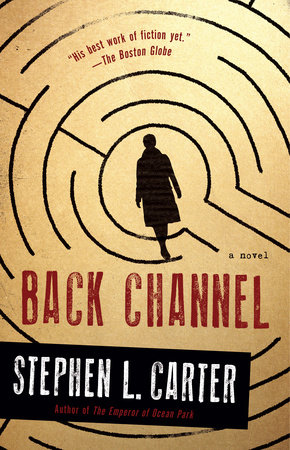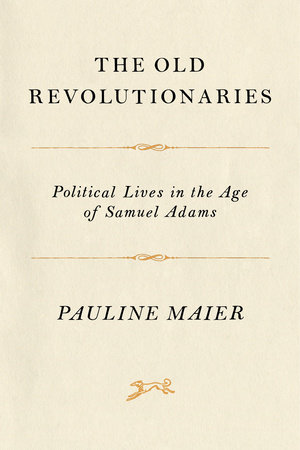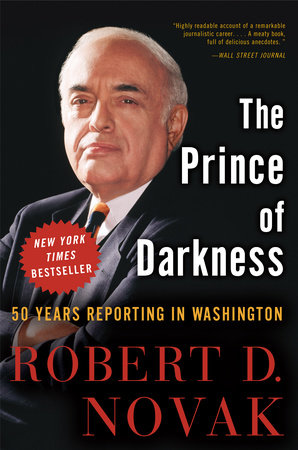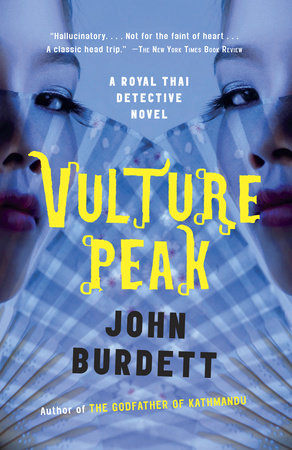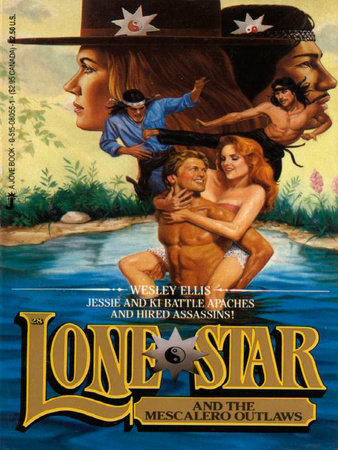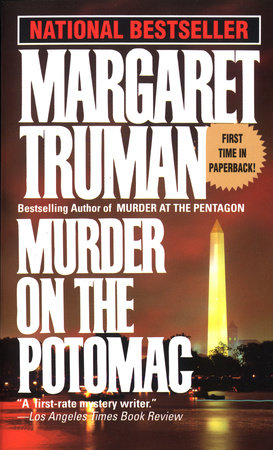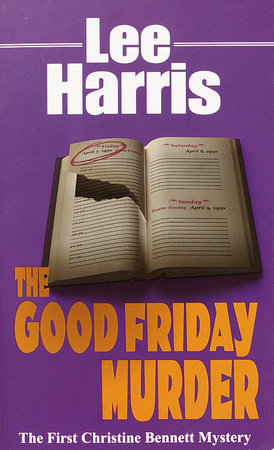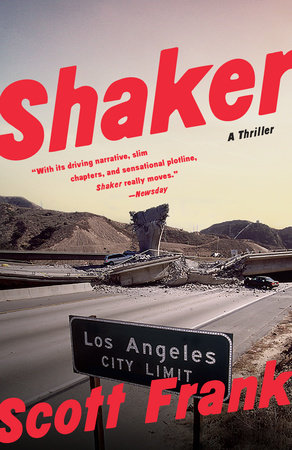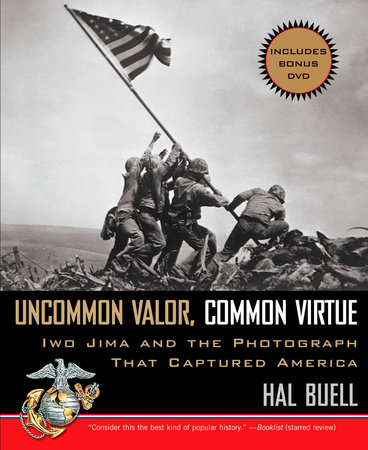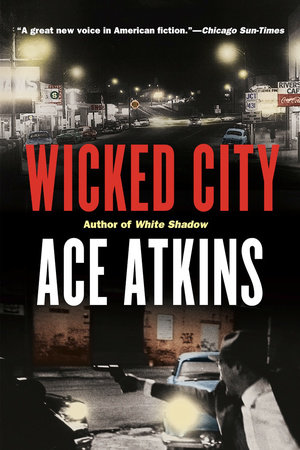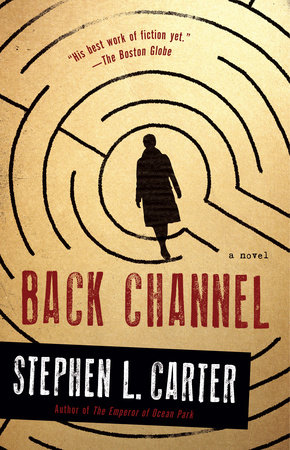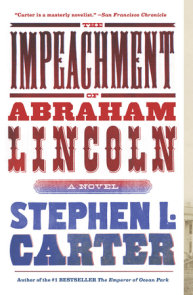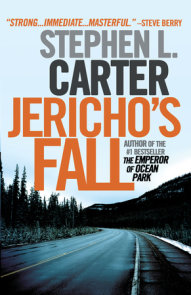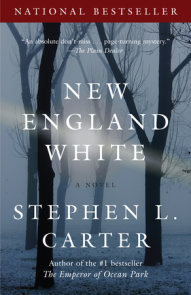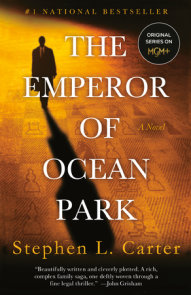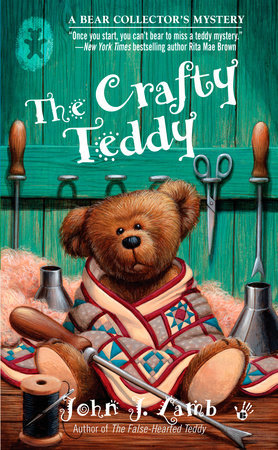Author Q&A
Q: What drew you to the Cuban Missile Crises as the backdrop for a thriller?
A: The Cuban Missile Crisis is the one moment in our history when the nation stood on the brink of annihilation—yet people seem to know remarkably little about the details! The fiction that’s been written on the Crisis has generally focused on nuclear war. A lot of it is even in the post-apocalyptic mode. I was interested in a thriller that involved the efforts to avoid the war–efforts that in the real world paid off.
Q: How did you decide to place Margo Jensen, a college student at Cornell, in the midst of this drama?
A: I think it was Robert Ludlum who said that every thriller begins with a human interest story. Robert Dallek, in his biography of John F. Kennedy, disclosed the thirty-fifth President’s affair with a 19-year-old White House intern. I twisted the facts into a fictional premise: Suppose that it wasn’t an affair? Suppose it was a cover for secret negotiations to resolve the crisis?
Working from that premise, I created my heroine, Margo Jensen. Of course I made changes. Margo is black, where the real intern was white. And I supplied a back story (some of it shrouded in mystery) to explain how an ambitious college sophomore in 1962 could find herself suddenly at the center of world-shattering political events.
Q: Was there really a “back channel”?
A: There was indeed! The real back channel didn’t involve a college student, of course. It ran from Robert Kennedy to John Scali of ABC News. The Soviet end of the back channel was the very KGB officer I use in my story, and some of the meetings actually took place at the restaurant that features in my tale.
Q: You were a child as these events unfolded. What do you remember about this time?
A: The Cuban Missile Crisis reached its climax on my eighth birthday. (Yes, I really am that old!) All I really remember is a sort of palpable sense of fear, even panic, in my house and in the neighborhood. None of the details stick in my mind.
What I do remember is, later on, talking with friends at school about fallout shelters and what it would be like if a nuclear weapon (we all said ‘atomic bomb’) fell on Washington. We used to discuss what it might be like if we were forced to live under the ground. I am embarrassed to report that it all seemed terribly exciting to us.
Q: In your novel Palace Council, Richard Nixon was a prominent character. In The Impeachment of Abraham Lincoln, you wrote of course about Lincoln. In Back Channel, you bring Kennedy to life. Who posed the biggest challenge? Will we see more Presidents in your fiction?
A: Lincoln was undoubtedly the most difficult, because he has been so heavily written about. But Kennedy was a considerable challenge, too, especially because of the need to portray what we might think of as his intimate life. Also, unlike Nixon, Lincoln and Kennedy are both men I admire. My late father worked in the Kennedy Administration, and his heartfelt and lifelong esteem for the man has rubbed off on me. I have tried to portray Kennedy in a mostly positive light, although, of course, not without the blemishes.
As to future presidential fiction: I’m currently working on a thriller involving the assassination in the 1970s of a popular Senator who is expected to be elected President. My imaginary candidate is a bit of a composite, but readers who know the era may well guess some of the sources. And, by the way, two actual Presidents will appear in the story.
Q: There are a lot of real historical events and people in this novel. Can you talk about your source material and any research that inform the novel? And as novelist, how do you go about blending the factual and fictional?
A: There aren’t any secrets to writing good historical fiction. You just do loads and loads of research and do your best to get the facts right, other than the facts you change for the sake of the story. In Back Channel, part of the challenge was reconstructing both Ithaca, New York, and Washington, D.C., to portray them as they would have been in 1962. In addition, I had to bring to life members of the White House staff—especially McGeorge Bundy, the national security adviser, who in my telling features prominently. The meetings of the ExComm, the special advisory committee Kennedy appointed during the Cuban Missile Crisis, were mostly recorded, and audio tapes and transcripts are easily available. I switched around some of the meetings and smoothed out the content in order to fit the needs of the story.
Q: When we first meet Margo she is attending a lecture on Conflict Theory. What is Conflict Theory and how does it set the tone for the events about to unfold in the novel?
A: Conflict theory is a branch of game theory, and bears particularly on how conflict is resolved. Some of the most important early work in conflict theory was actually done by Daniel Ellsberg, later of Pentagon Papers fame. In chapter 1 of my story, Professor Lorenz Niemeyer is giving his students a hypothetical about a bank robber and a hand grenade. The example is actually borrowed from a famous paper by Ellsberg.
Q: Chess has featured in your novels before, most prominently in The Emperor of Ocean Park, and is back here in a big way. In fact, Bobby Fischer is actually a character in the novel. Why chess and why Bobby?
A: I weave chess into a lot of my novels in large part because, although only of amateur strength as a player, I love the game and its lore. My decision to include Bobby Fischer has an interesting genesis. One of his most famous games was played in 1962 against the then-world champion, the Soviet star Mikhail Botvinnik. They met at the chess Olympiad (as the name implies, a team tournament) in Varna, Bulgaria. The Olympiad that year took place just before the Cuban Missile Crisis began to heat up. Add to that the fact that the real Bobby, like my fictitious Margo, turned 19 that year. So it was an irresistible temptation to move events around just a bit to make the Olympiad, and Bobby himself, crucial to uncovering what was happening in Cuba.
Q: Most of your novels interweave characters from your other novels. Which characters from past fiction can the readers expect to meet on the pages of Back Channel?
A: In The Emperor of Ocean Park, Misha’s ambitious wife is a lawyer named Kimberly Madison. We meet her here as a toddler. We also encounter younger versions of her parents and her sister. Emperor also involved an arms dealer named Jack Ziegler. His younger self plays a nefarious role in Back Channel. My novel Jericho’s Fall involves a disgraced ex-CIA director named Jericho Ainsley. Here we meet him as a young CIA employee. A couple of minor characters from Palace Council are also minor characters here.
Q: You write about this moment in history as a time when intelligence was really shifting away from human sources to technology. How did the events of this time come to shape the future of intelligence and are we still seeing its legacy today?
A: We discuss this in my courses at Yale on the ethics of war! The declining reliance on HUMINT (intelligence from human sources) and increasing reliance on SIGINT (intelligence from electronic sources) is a trend of many decades. Some authorities now like to refer to CYBINT (intelligence from cyber sources) as a separate field. The technological wizardry of the current era is quite remarkable, and no doubt has led to many intelligence coups. But of course those same technological tools make it easier for governments to spy on their own people. And the decline of HUMINT probably hurts us in predicting the moves of terror groups.
